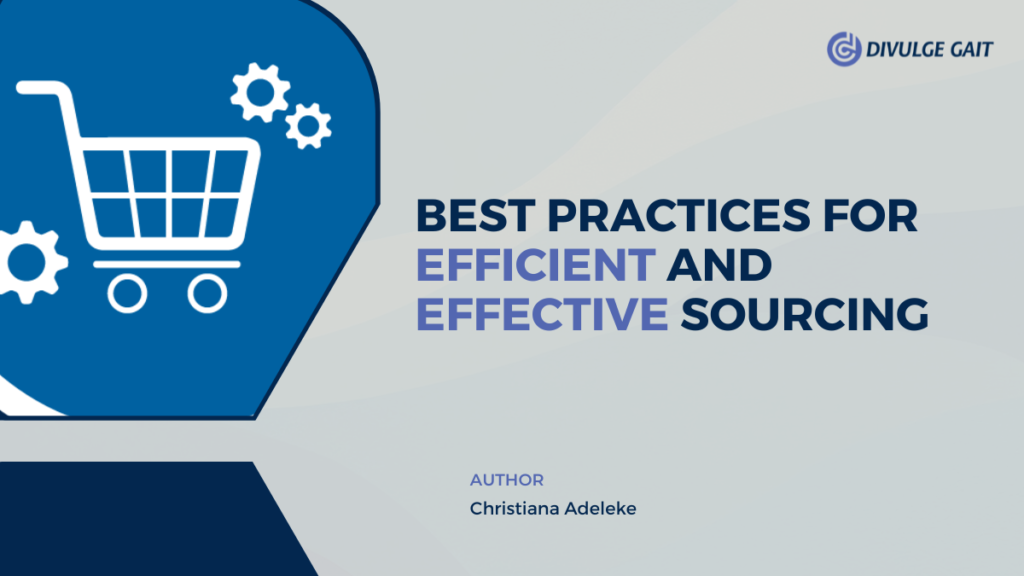Effective procurement is essential for businesses operating in Nigeria. It ensures that organizations can acquire the appropriate goods and services at the right time while optimizing costs and maintaining quality standards. However, navigating the complex procurement landscape can be challenging,
Today, we will discuss the challenges faced by organizations in Nigeria, the benefits of using a professional procurement agency, and the best practices that can lead to procurement success.
The Nigerian Procurement Landscape.
Nigeria, with its vibrant economy and diverse sectors, presents both opportunities and challenges for organizations when it comes to procurement. The procurement landscape here is characterized by a mix of public and private sector entities, each with its own specific requirements and regulations.
Organizations in Nigeria face various problems during the procurement process. These may include complex bureaucratic procedures, limited supplier databases, lack of transparency, and inadequate infrastructure. These challenges can impede efficient and cost-effective sourcing, potentially affecting the overall success of organizations.
Best Practices for Procurement Success.
- Strategic Sourcing and Supplier Management: Conduct thorough market research to identify reliable suppliers who can meet your organization’s specific needs. Develop strategic sourcing strategies that consider factors such as quality, cost, delivery times, and sustainability. Regularly evaluate and manage supplier performance to maintain strong relationships and ensure consistent supply chain efficiency.
- Leveraging Technology: Use technology to better your procurement processes. Utilize e-procurement tools like Deprocure, digital platforms, and automated systems to enhance efficiency, reduce paperwork, and improve data accuracy. This enables real-time monitoring of procurement activities, facilitates collaboration with suppliers, and provides valuable insights for decision-making.
- Effective Contract Negotiation and Management: Negotiate contracts that clearly define terms, pricing, deliverables, and performance expectations. Regularly review and monitor contract compliance to ensure that all parties fulfill their obligations. Proactive contract management helps mitigate risks, resolves disputes, and maximizes the value derived from supplier partnerships.
- Transparency and Accountability: Establish transparent procurement processes that adhere to ethical standards and regulatory requirements. Implement effective governance frameworks that promote accountability, fair competition, and prevent corruption. Transparency in procurement builds trust among stakeholders, enhances public perception, and reduces the risk of legal and reputational issues.
- Continuous Improvement and Evaluation: Foster a culture of continuous improvement by regularly evaluating and refining your procurement processes. Analyze performance metrics, identify bottlenecks, and implement corrective measures to enhance efficiency and optimize outcomes. Embrace feedback from stakeholders, including end-users and suppliers, to drive innovation and ensure evolving needs are met.
Efficient procurement practices are important for organizational success in Nigeria’s dynamic business landscape. As a leading procurement software, Deprocure can help streamline your procurement processes, optimizing costs, and driving value for your organization.
Click here to schedule a free consultation with us.


